
The Enchanting Geghama Mountains: Armenia's Natural Jewel
The Geghama Mountains, located in the heart of Armenia, are a paradise for nature lovers and adventure seekers. Stretching majestically across the horizon, these mountains offer a stunning blend of rugged terrain, serene lakes, and lush meadows. The area is home to an array of wildlife, including the Armenian mouflon and numerous bird species, making it a haven for wildlife enthusiasts. One of the highlights of the Geghama Mountains is the Azhdahak volcano. Standing at 3,597 meters, this dormant volcano provides breathtaking panoramic views and serves as a popular hiking destination. The crater of Azhdahak is often filled with snow and ice, creating a captivating sight for visitors. Another notable feature of the Geghama range is Lake Akna, a serene alpine lake nestled amidst the peaks. This tranquil spot is perfect for camping, picnicking, or simply soaking in the natural beauty. The Geghama Mountains are also rich in cultural heritage. Scattered across the range are ancient petroglyphs, some dating back to the second millennium BC. These rock carvings offer a fascinating glimpse into the lives of early inhabitants and add a historical dimension to the natural splendor of the region. Whether you are a history buff, an avid hiker, or someone looking to escape the hustle and bustle of city life, the Geghama Mountains have something to offer everyone.
Local tips in Geghama Mountains
- Best time to visit is from late June to early September when the weather is mild and the trails are accessible.
- Carry sufficient water and snacks, as there are few facilities in the mountains.
- Hire a local guide if you plan on exploring the petroglyph sites for a more informative experience.
- Pack warm clothing, even in summer, as temperatures can drop significantly at higher altitudes.
- Respect the wildlife and natural environment; leave no trace and take all your litter with you.
The Enchanting Geghama Mountains: Armenia's Natural Jewel
The Geghama Mountains, located in the heart of Armenia, are a paradise for nature lovers and adventure seekers. Stretching majestically across the horizon, these mountains offer a stunning blend of rugged terrain, serene lakes, and lush meadows. The area is home to an array of wildlife, including the Armenian mouflon and numerous bird species, making it a haven for wildlife enthusiasts. One of the highlights of the Geghama Mountains is the Azhdahak volcano. Standing at 3,597 meters, this dormant volcano provides breathtaking panoramic views and serves as a popular hiking destination. The crater of Azhdahak is often filled with snow and ice, creating a captivating sight for visitors. Another notable feature of the Geghama range is Lake Akna, a serene alpine lake nestled amidst the peaks. This tranquil spot is perfect for camping, picnicking, or simply soaking in the natural beauty. The Geghama Mountains are also rich in cultural heritage. Scattered across the range are ancient petroglyphs, some dating back to the second millennium BC. These rock carvings offer a fascinating glimpse into the lives of early inhabitants and add a historical dimension to the natural splendor of the region. Whether you are a history buff, an avid hiker, or someone looking to escape the hustle and bustle of city life, the Geghama Mountains have something to offer everyone.
When is the best time to go to Geghama Mountains?
Iconic landmarks you can’t miss
Geghard Monastery
Explore Geghard Monastery: An ancient Armenian treasure carved into rock, blending history, spirituality, and breathtaking natural beauty.
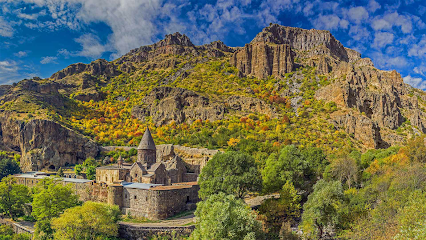
Garni Historical and Cultural Museum
Discover Armenia's ancient legacy at the Garni Historical and Cultural Museum, where history, art, and culture come alive in a stunning setting.
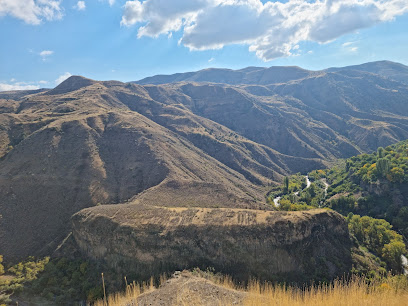
Symphony of Stones
Explore the breathtaking Symphony of Stones in Garni, Armenia – a geological wonder that combines stunning landscapes with rich cultural heritage.
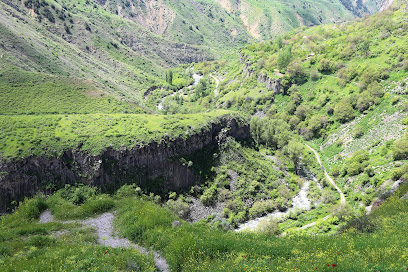
Khosrov Forest State Reserve
Discover Armenia's ancient Khosrov Forest: a haven of biodiversity, historical treasures, and stunning natural landscapes.
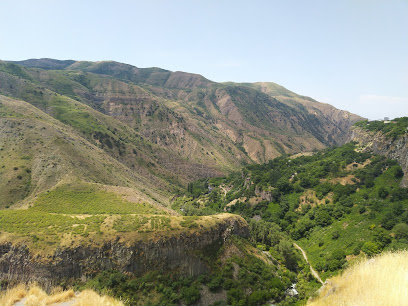
Azhdahak
Discover the breathtaking beauty and adventure of Azhdahak, Armenia's iconic mountain peak, perfect for nature lovers and thrill-seekers.
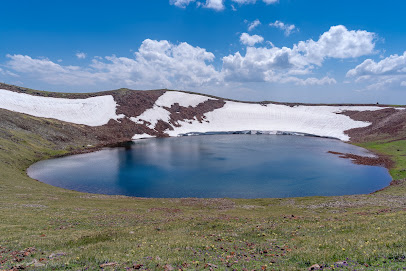
Ghegam Ridge
Explore Ghegam Ridge, a majestic mountain peak in Armenia offering stunning views, thrilling hikes, and rich biodiversity for nature enthusiasts.
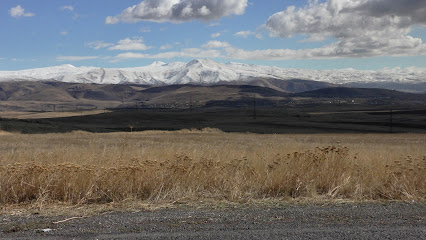
Aghjots Monastery
Discover the tranquil beauty and spiritual heritage of Aghjots Monastery, a stunning gem in the heart of Armenia's breathtaking landscapes.
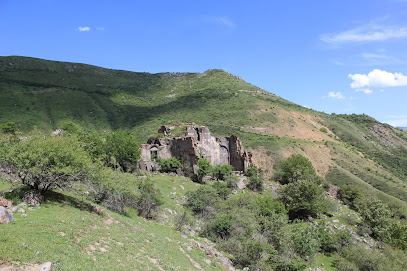
Gegham Mountains
Explore Armenia's Gegham Mountains: Volcanic peaks, ancient petroglyphs, and stunning alpine scenery await adventurous travelers.
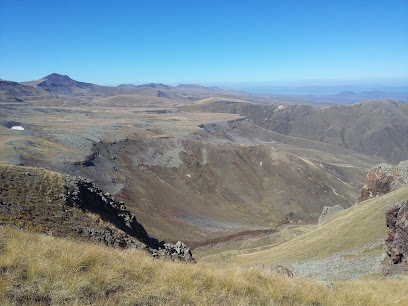
Gegham Ridge
Discover the breathtaking beauty of Gegham Ridge in Armenia, a perfect destination for nature enthusiasts and adventure seekers.
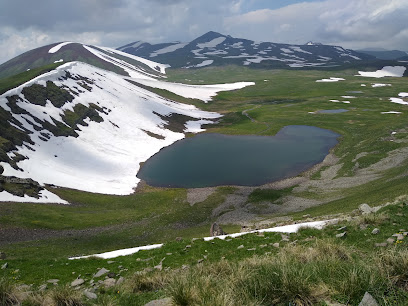
Cross & View Point
Experience breathtaking views and tranquility at Cross & View Point, the premier scenic overlook in Mets Gilanlar, perfect for nature lovers and photographers.
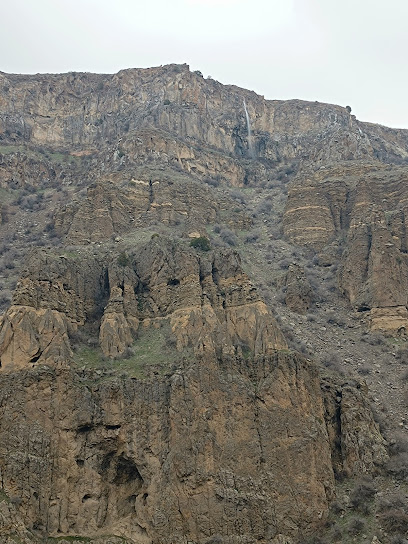
Aghdagh Lerr
Explore Aghdagh Lerr, a breathtaking mountain peak in Armenia, where nature and adventure blend seamlessly amidst stunning panoramic views.
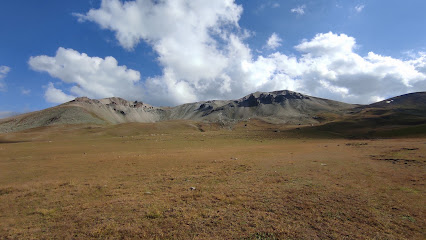
Հին գերեզմանոց
Explore the silent stories etched in stone at Hrazdan's ancient medieval cemetery, a peaceful window into Armenia's rich past.

Unmissable attractions to see
Matenadaran
Explore Armenia's intellectual heritage at the Matenadaran, a world-renowned repository of ancient manuscripts and a symbol of national pride.
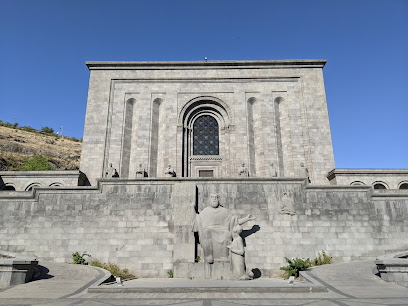
Garni Gorge
Explore Garni Gorge's Symphony of Stones, a geological wonder with towering basalt columns and ancient history near Yerevan, Armenia.
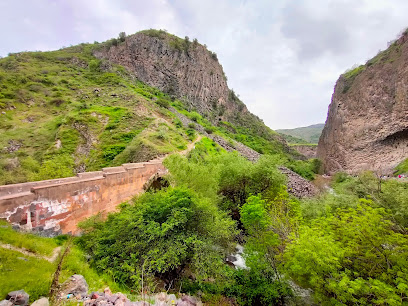
Memorial to the 50th Anniversary of October Revolution
A Soviet-era monument in Yerevan offering panoramic city views and a glimpse into Armenia's historical narrative.
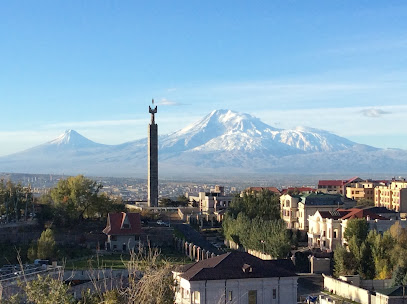
Noratus Cemetery
Explore Armenia's largest collection of ancient khachkars at Noratus Cemetery, a medieval marvel near Lake Sevan steeped in history and legend.
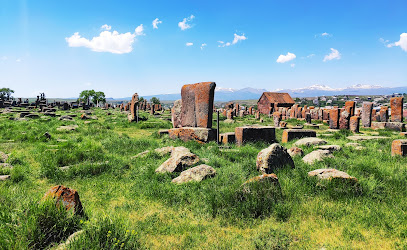
Paruyr Sevak House-Museum
Explore the life and literary legacy of Paruyr Sevak at his house-museum in Zangakatun, Armenia.
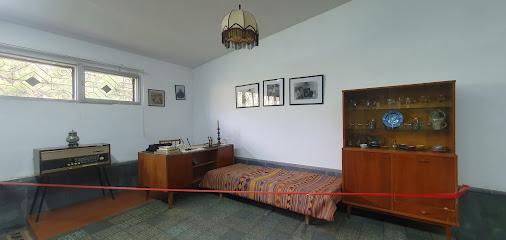
Singing Fountains
Experience the magic of Yerevan's Singing Fountains: a stunning display of water, music, and light in the heart of Republic Square. A must-see Yerevan attraction!
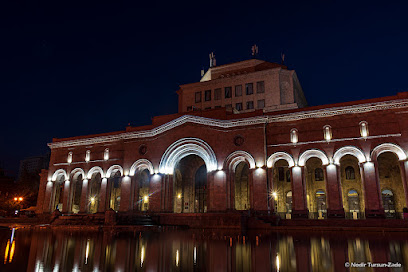
Aghjots Monastery
Explore the evocative ruins of this 13th-century monastery nestled in Armenia's Khosrov State Reserve, offering a glimpse into the nation's rich spiritual history.
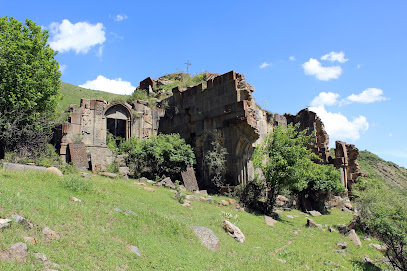
Garni Canyon
Discover the breathtaking Garni Canyon in Armenia, where unique basalt columns meet ancient history and stunning natural beauty.
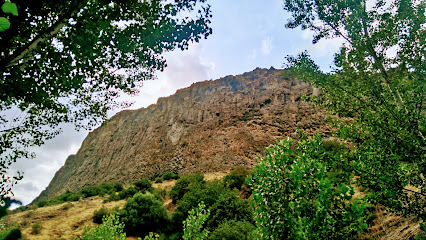
Waterfall Astghik
Discover the serene beauty of Waterfall Astghik in Armenia, a natural wonder named after the goddess of love, offering a tranquil escape.
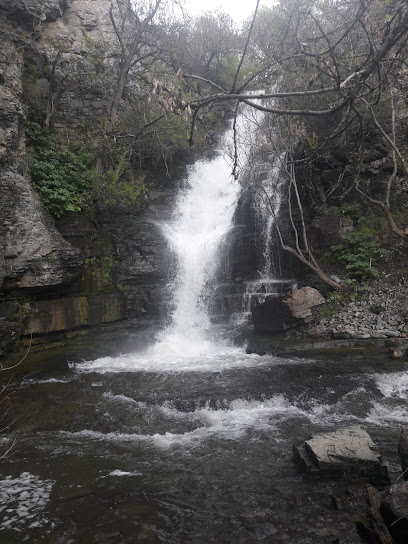
Ծառ
Discover the breathtaking beauty and rich history of Geghard Monastery, a UNESCO World Heritage site nestled in Armenia's stunning landscape.
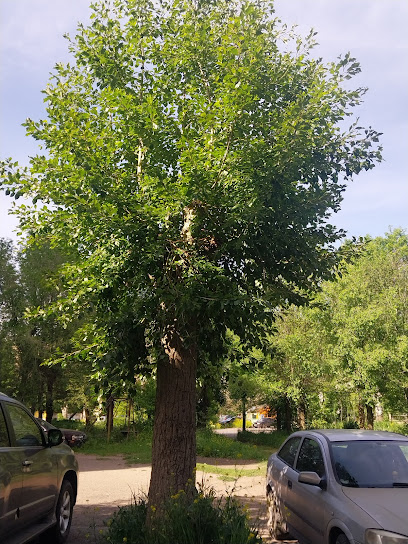
Torq Angegh
Discover the legend of Torq Angegh, a symbol of Armenian strength and courage, in the heart of Yerevan's Nor-Nork district.
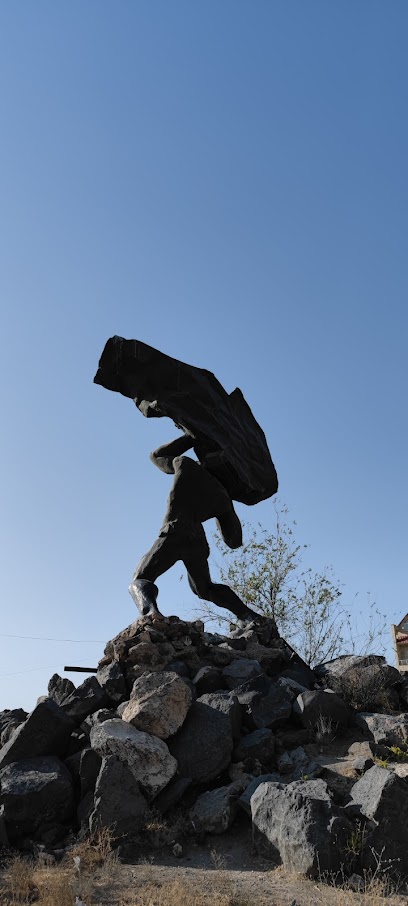
Средневековая крепость
Explore the ruins of the Medieval Fortress near Artanish for panoramic views of Lake Sevan and a glimpse into Armenia's rich history.
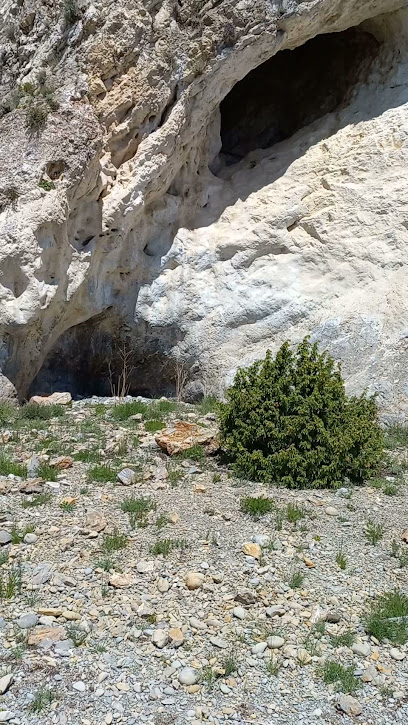
Manukyan Brandy Factory
Discover Armenia's winemaking heritage at Manukyan Brandy Factory, where tradition meets innovation in every bottle.
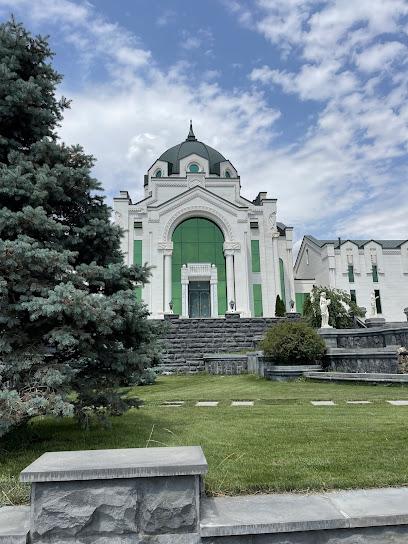
Kentron Mountain
Discover panoramic views and natural beauty at Kentron Mountain, a serene escape in Armenia's Kotayk Province.
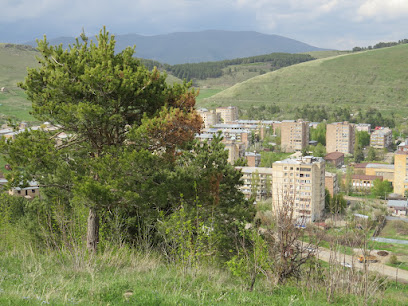
Buggy tour Hatis
Experience an adrenaline-pumping buggy tour through Armenia's stunning landscapes. Explore Hatis and create unforgettable memories!
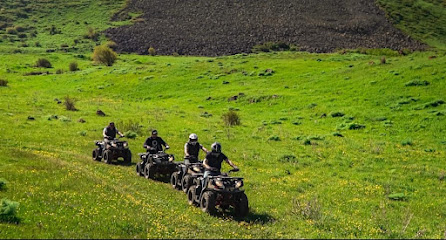
Essential places to dine
Գեղարդ
Experience authentic Armenian cuisine at Geghard Restaurant in Kotayk - where tradition meets taste in every dish.
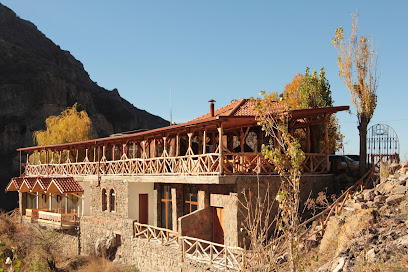
Lcher Restaurant
Discover authentic Armenian cuisine at Lcher Restaurant in Akunk, renowned for its fresh fish dishes and welcoming atmosphere.
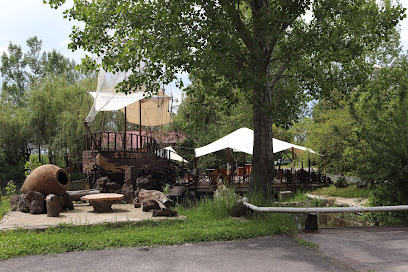
Ginetun Restaurant
Discover authentic Armenian flavors at Ginetun Restaurant in Yerevan – where tradition meets taste in every delightful dish.
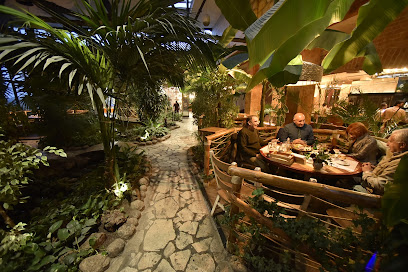
Garni Ishxananoc
Experience authentic Armenian cuisine at Garni Ishxananoc in the breathtaking village of Garni, where tradition meets flavor.
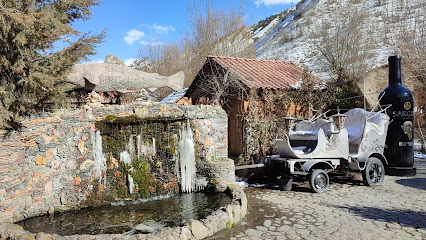
Sergei Mot
Experience authentic Armenian cuisine at Sergei Mot in Garni – a culinary haven showcasing local flavors in an inviting atmosphere.
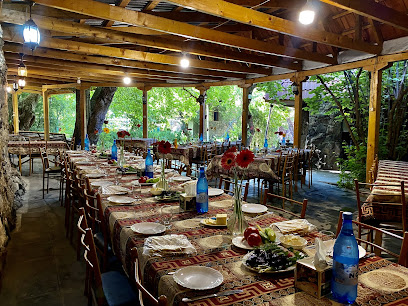
Hatis Garden-Restaurant
Experience authentic Armenian flavors amidst beautiful gardens at Hatis Garden-Restaurant in Aramus.
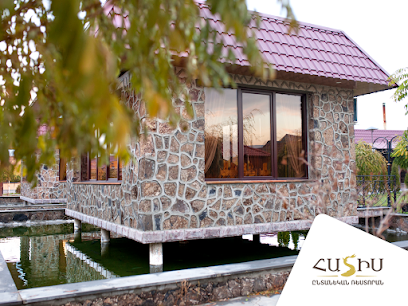
Merojakh family restaurant
Discover authentic Armenian flavors at Merojakh Family Restaurant in Garni—an unforgettable culinary experience amidst stunning scenery.
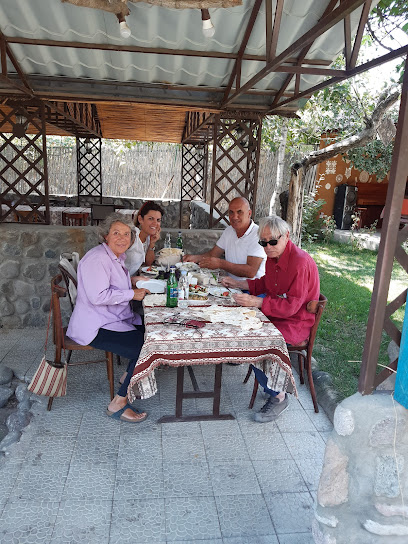
Akunki Drakht Restaurant
Experience authentic Armenian flavors at Akunki Drakht Restaurant in scenic Akunk village—where every meal is a celebration of culture.
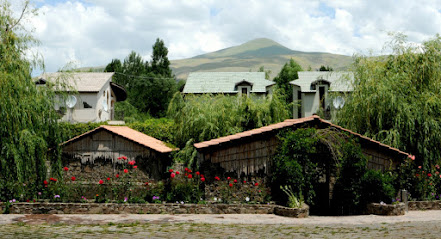
Tarsus_Sevan
Experience authentic Armenian cuisine with stunning views at Tarsus Sevan in picturesque Tsovazard village.
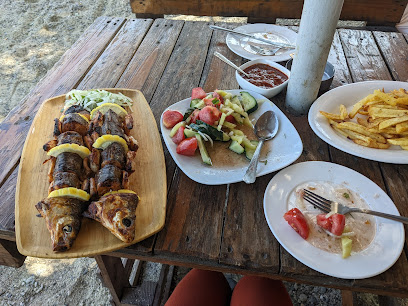
Abelyan's House
Savor authentic Armenian flavors at Abelyan's House in picturesque Garni—where tradition meets breathtaking views.
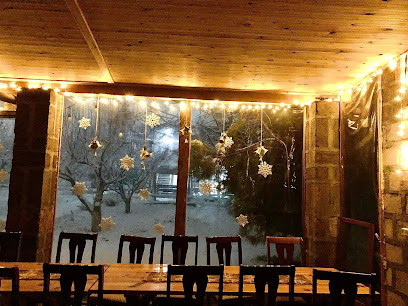
Սէգաս
Experience authentic Armenian cuisine at Սէգաս in Verin Ptghni - where tradition meets taste in every dish.
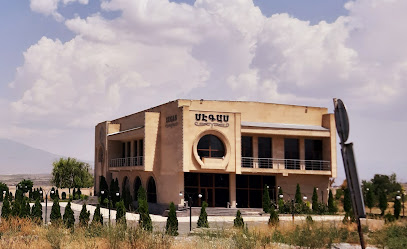
G.A.T.A. House
Experience authentic Armenian flavors at G.A.T.A. House in Garni – where delicious cuisine meets breathtaking views.
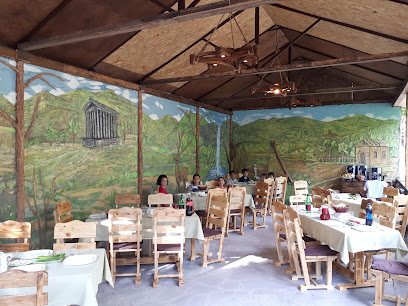
Alga Restaurant
Experience authentic Armenian cuisine at Alga Restaurant in Yerevan, where every dish tells a story and hospitality knows no bounds.
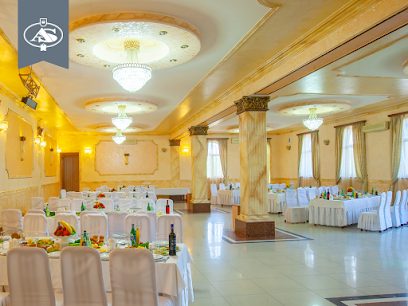
My Garden / Իմ Այգին
Experience authentic Armenian flavors at My Garden in Garni, where delicious cuisine meets breathtaking natural beauty.
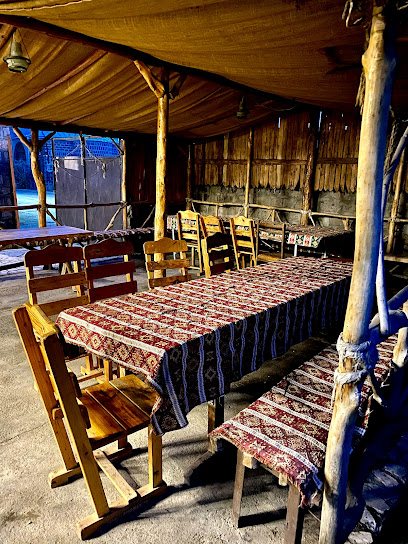
Ագուլիս
Experience authentic Armenian cuisine at its finest in Yerevan's beloved restaurant, Ագուլիս – where tradition meets modern dining.
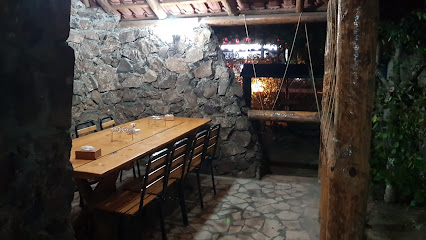
Markets, malls and hidden boutiques
Vernissage
Discover the vibrant heart of Armenian culture at Vernissage, Yerevan's premier market for handcrafted treasures and unique souvenirs.
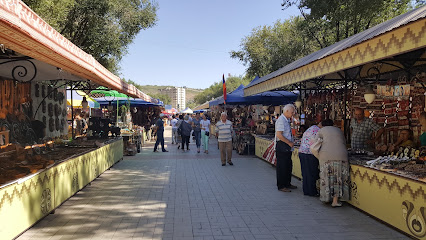
Dalma Garden Mall
Discover the ultimate shopping and entertainment experience at Dalma Garden Mall, Yerevan's modern retail haven offering diverse options for every visitor.
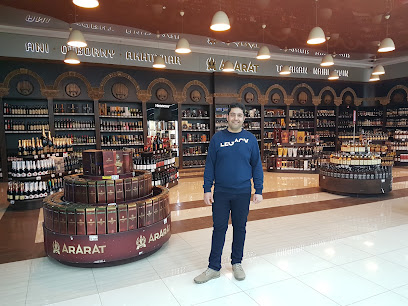
Yerevan Mall
Explore Yerevan Mall for an unforgettable shopping experience filled with diverse brands, delicious dining, and exciting entertainment in the heart of Yerevan.
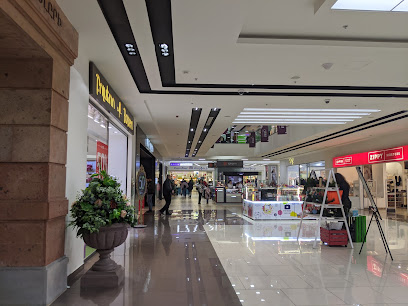
Tashir Street Shopping Centre
Experience the bustling atmosphere and diverse offerings at Tashir Street Shopping Centre, Yerevan's premier shopping destination.
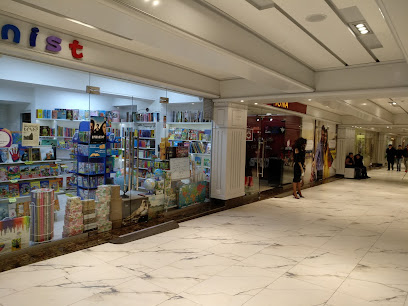
Metronome Shopping Center
Experience a fusion of shopping, dining, and entertainment at the Metronome Shopping Center, Yerevan's premier underground shopping destination.
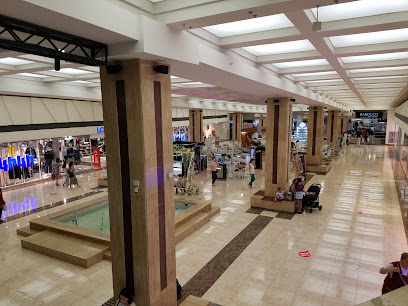
Yerevan Market
Discover the heart of Yerevan at Yerevan Market, a vibrant shopping hub filled with local crafts, fashion, and delicious Armenian cuisine.
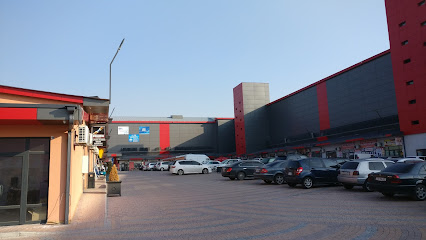
Vape Shop Gavar
Explore the ultimate vaping experience at Vape Shop Gavar, where quality meets variety in the heart of Armenia.
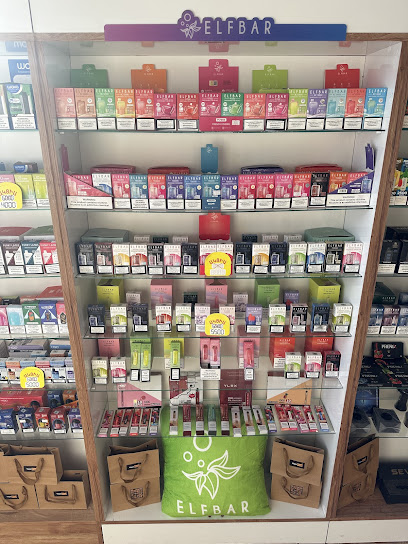
Multi Magic Mall
Discover a shopping paradise at Multi Magic Mall in Verin Ptghni, where shopping, dining, and entertainment come together for an unforgettable experience.
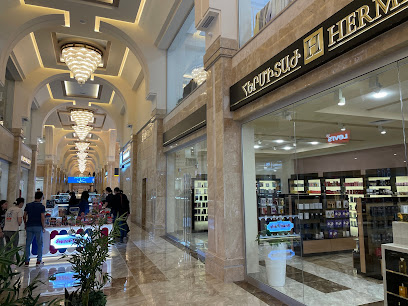
Tade masters' selection
Explore Tade Masters' Selection in Yerevan for unique Armenian gifts and souvenirs that embody the spirit of the region.
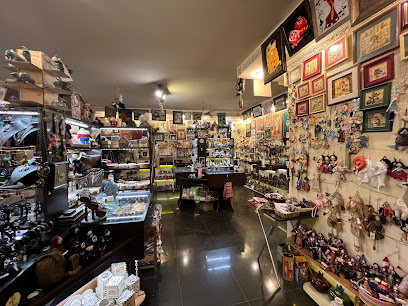
Gavar
Discover Gavar's vibrant shopping mall, a cultural and retail hub that showcases local and international brands in a lively atmosphere.
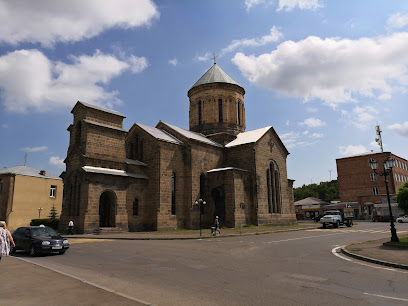
LaGalleria Luxury Boutiques
Discover high-end fashion at LaGalleria Luxury Boutiques, Yerevan’s premier destination for luxury clothing and accessories.
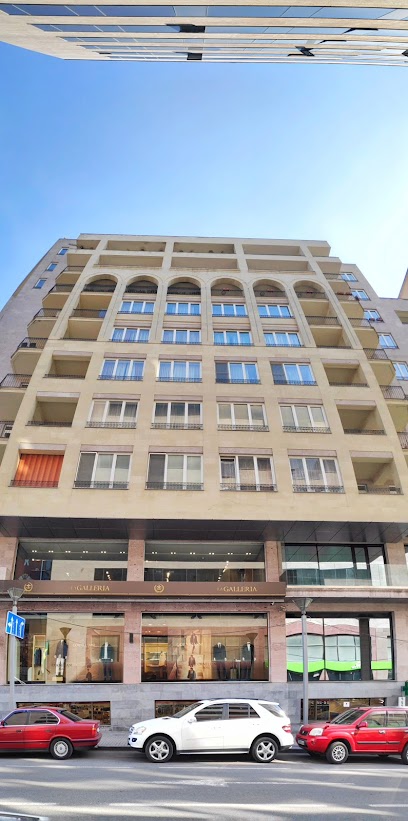
The Main Design Store
Discover unique artworks at The Main Design Store in Yerevan, where creativity and culture intersect in a vibrant shopping experience.
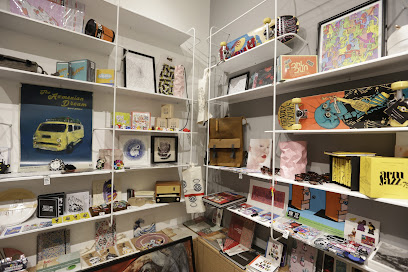
Ardēan Shop
Explore Ardēan Shop in Yerevan for unique Armenian gifts and souvenirs that capture the essence of local culture and craftsmanship.
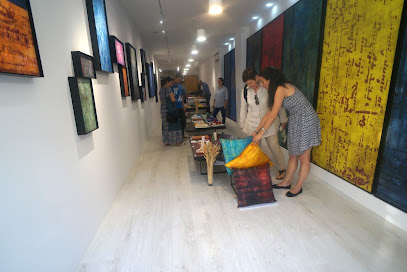
Rio Galleria
Discover the latest fashion trends at Rio Galleria, Yerevan's premier clothing store featuring local and international styles.
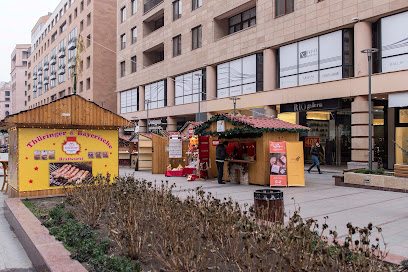
ART MARKET
Explore a vibrant showcase of local artistry at the Art Market in Goght, where unique handcrafted treasures await your discovery.
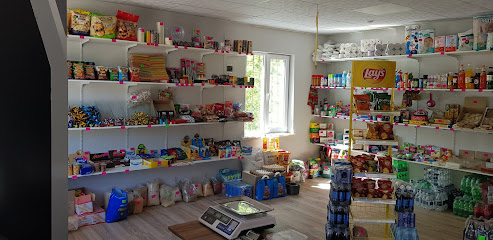
Essential bars & hidden hideouts
Wine Republic
Experience the best of Armenian flavors at Wine Republic, where exquisite dishes meet an extensive selection of fine wines in Yerevan.
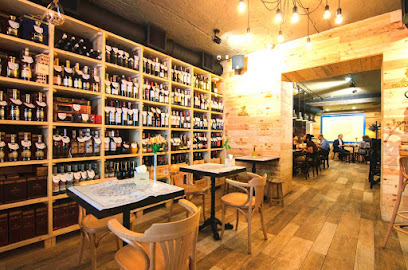
Calumet Ethnic Lounge Bar
Experience the lively ambiance and authentic Armenian flavors at Calumet Ethnic Lounge Bar in the heart of Yerevan.
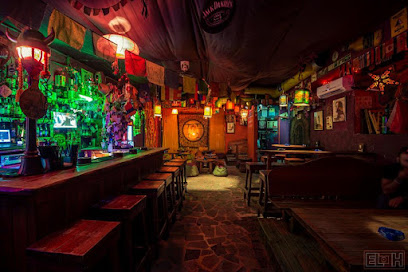
DABOO Cocktail Bar
Experience the vibrant nightlife of Yerevan at DABOO Cocktail Bar, known for its exquisite cocktails and lively atmosphere.

El Sky Bar
Experience luxury and panoramic views at El Sky Bar in Yerevan – a perfect blend of vibrant atmosphere and exquisite cocktails.

Epicure
Discover the vibrant cocktail culture of Yerevan at Epicure, a lively bar offering innovative drinks and a welcoming atmosphere.
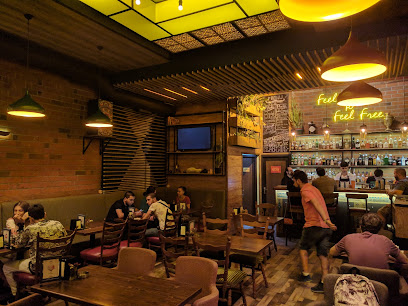
Bar Phoenīx
Experience the best cocktails in Yerevan at Bar Phoenīx, where innovative drinks and vibrant atmosphere meet.
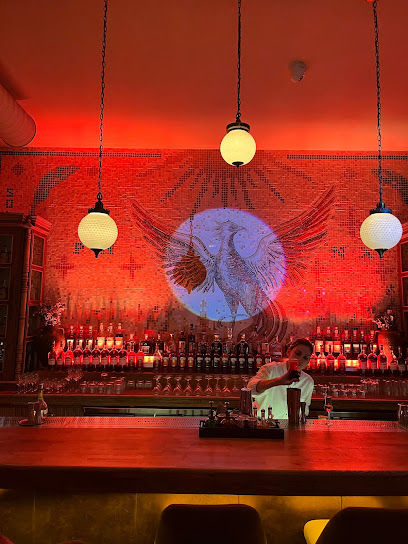
The Kond House
Discover the vibrant ambiance of The Kond House in Yerevan, where delicious food and cool drinks meet lively entertainment.
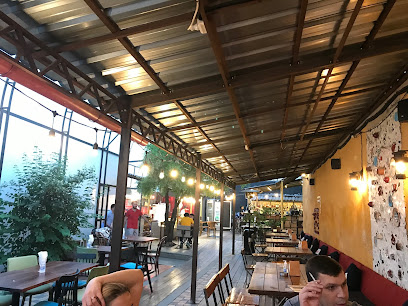
Stoyka pub
Stoyka Pub in Yerevan: Where Armenian hospitality meets vibrant nightlife, serving drinks and good vibes until dawn.
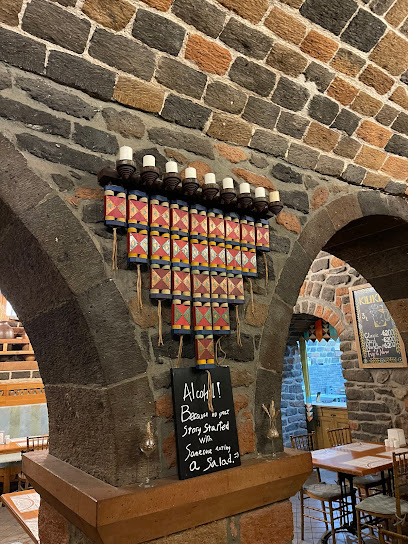
Minas Cocktail Room
Discover Minas Cocktail Room, Yerevan's top cocktail bar offering innovative drinks and a vibrant atmosphere for an unforgettable night out.

Corpous Gastro Bar
Discover the culinary delights at Corpous Gastro Bar, where modern design meets flavorful dishes in the heart of Yerevan.
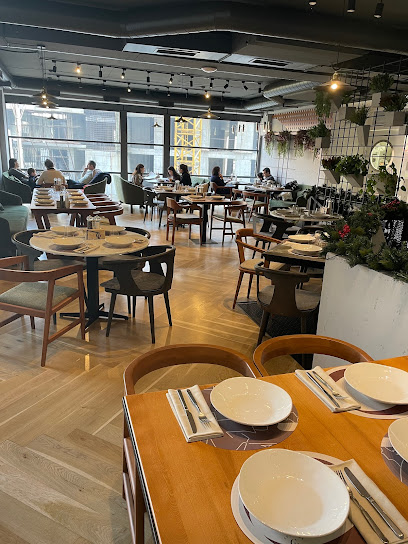
Hot Pub
Discover the lively ambiance of Hot Pub, Yerevan's premier bar and restaurant, where local flavors and modern vibes meet.
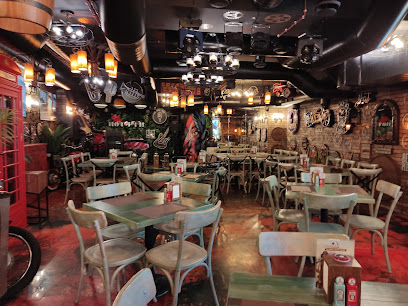
Face Pub
Discover Yerevan's nightlife at Face Pub, where locals and tourists gather for drinks, live music, and an unforgettable experience.
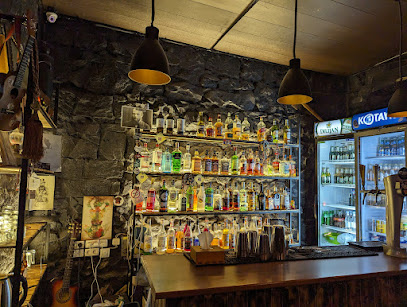
Banderego Bar
Experience the vibrant nightlife of Yerevan at Banderego Bar, where innovative cocktails and a lively atmosphere await every visitor.

The Bird Cage
Experience Yerevan's nightlife at The Bird Cage, a vibrant cocktail bar with unforgettable drinks, great music, and a lively atmosphere.

Local Phrases about Geghama Mountains
-
- HelloԲարև
[Barev] - GoodbyeՑտեսություն
[Tsdesutun] - YesԱյո
[Ayo] - NoՈչ
[Voç] - Please/You're welcomeԽնդրեք
[Khndrekh] - Thank youՇնորհակալ եմ
[Shnorhakal em] - Excuse me/SorryՆերքեք ինձ
[Nerkhek indz] - How are you?Ինչպե՞ս եք
[Inchpes ek] - Fine. And you?Լավ եմ. Անդե՞ Դու
[Lav em. Ande? Du] - Do you speak English?Դուք խոսում եք անգլերեն
[Duk khosum ek angleren] - I don't understandԵս չեմ հասկանա
[Yes chem haskanə]
- HelloԲարև
-
- I'd like to see the menu, pleaseԽնդրում եմ մենյունը տեսնել
[Khndrum em menyunə tsnel] - I don't eat meatԵս միս չուտում
[Yes mis chutum] - Cheers!Կարմիր!
[Karmir] - I would like to pay, pleaseԽնդրում եմ վճարել
[Khndrum em vcharəl]
- I'd like to see the menu, pleaseԽնդրում եմ մենյունը տեսնել
-
- Help!Օրհնեք!
[Orhnək] - Go away!Հետ գնալ
[Het gnal] - Call the Police!Զինվորական կանչեք
[Zinvorakan kanchək] - Call a doctor!Բժշկի կանչեք
[Bzhski kanchək] - I'm lostԵս կորցրել եմ
[Yes kortsrel em] - I'm illԵս հիվանաժել եմ
[Yes hivanazhel em]
- Help!Օրհնեք!
-
- I'd like to buy...Խնդրում եմ գնել
[Khndrum em gnel] - I'm just lookingՈւզում եմ տեսնել
[Uzum em tsnəl] - How much is it?Քանի է դամաս
[Kani e damas] - That's too expensiveԱյն շատ թանկ է
[Ayn shat tank e] - Can you lower the price?Կարող եք գներածել
[Karogh ek gnəratsel]
- I'd like to buy...Խնդրում եմ գնել
-
- What time is it?Տեղեկություն կի՞ս
[Teghekutun kis] - It's one o'clockԵրկուս է
[Erkus e] - Half past (10)Կես է
[Kes e] - MorningԱռավոտ
[Aravot] - AfternoonԿեսգիշ
[Kesgish] - EveningԵրեկ
[Erek] - YesterdayԵրեկո
[Ereko] - TodayԱյսօր
[Aysor] - TomorrowՎաղը
[Vage] - 1Ամենամեկ
[Amenamek] - 2Երկու
[Erku] - 3Երեք
[Erek] - 4Չորս
[Chors] - 5Հինգ
[Hing] - 6Վեց
[Vets] - 7Յոթ
[Yot] - 8Ութ
[Ut] - 9Ինը
[Ine] - 10Տաս
[Tas]
- What time is it?Տեղեկություն կի՞ս
-
- Where's a/the...?Որտեղ է ...?
[Vortegh e...?] - What's the address?Հասցեն ի՞նչ է
[Hascen inch e] - Can you show me (on the map)?Կարող եք ցուցադրել (քարտեզի վրա)
[Karogh ek tsutsadrel (kartezhi vra)] - When's the next (bus)?Երբ է հաջողվում հաջողվել
[Yerp e hajoghvum hajoghvel] - A ticket (to ....)Բիլետ (մի տեղ)
[Bilet (mi tegh)]
- Where's a/the...?Որտեղ է ...?
History of Geghama Mountains
-
The Geghama Mountains are home to a vast array of ancient petroglyphs dating back to the 12th millennium BC. These rock carvings depict scenes of daily life, hunting, and ritual practices, offering a glimpse into the lives of the early inhabitants of the region. The petroglyphs are primarily found on the volcanic rocks scattered across the mountains, particularly around Lake Sevan and the Gegharkunik Province.
-
During the 9th to 6th centuries BC, the Geghama Mountains were part of the Urartu Kingdom, an ancient civilization known for its advanced metallurgy and impressive fortifications. The Urartians left behind numerous archaeological remains, including fortresses and inscriptions. One notable Urartian site in the Geghama Mountains is the Erebuni Fortress, which was founded by King Argishti I in 782 BC and later became the foundation for the city of Yerevan.
-
The Geghama Mountains are dotted with medieval monasteries that played a crucial role in the spiritual and cultural life of medieval Armenia. Notable among them is the Geghard Monastery, a UNESCO World Heritage site partially carved out of the mountain itself. Founded in the 4th century, it became a major center of learning and manuscript production during the medieval period. Another significant site is the Sevanavank Monastery, located on a peninsula at Lake Sevan, which dates back to the 9th century.
-
Khachkars, or Armenian cross-stones, are a unique form of Armenian art and are found in abundance throughout the Geghama Mountains. These intricately carved stones, often depicting crosses and other religious symbols, date back to the early Christian period. The Noratus Cemetery, located near Lake Sevan, is one of the largest collections of khachkars in Armenia, with some stones dating back to the 10th century.
-
During the Soviet era, the Geghama Mountains saw significant development, particularly in terms of infrastructure and scientific research. The construction of roads and the establishment of research facilities, such as the Byurakan Astrophysical Observatory founded in 1946, brought modernization to the region. The observatory, located on the slopes of Mount Aragats, became one of the leading astronomical research centers in the Soviet Union and continues to be an important scientific institution in Armenia.
-
Today, the Geghama Mountains continue to hold cultural and spiritual significance for the Armenian people. The region is a popular destination for pilgrimage, hiking, and eco-tourism, attracting visitors with its stunning landscapes and rich historical heritage. Festivals and events, such as the annual Vardavar water festival, celebrate the unique traditions and natural beauty of the Geghama Mountains, keeping the cultural legacy of the area alive for future generations.
Geghama Mountains Essentials
-
The Geghama Mountains are located in central Armenia. The nearest major city is Yerevan, which is about 60 kilometers away. The most convenient way to get to the Geghama Mountains is by flying into Zvartnots International Airport in Yerevan. From Yerevan, you can hire a car or take a taxi to reach the mountain region. Alternatively, you can use public transportation such as buses or minibuses (marshrutkas) which run from Yerevan to various villages near the Geghama Mountains.
-
Exploring the Geghama Mountains is best done by renting a car, as it offers the most flexibility. Local taxis are also available but may be more expensive for long distances. Public buses and minibuses (marshrutkas) connect Yerevan with nearby villages such as Geghard and Garni. From these villages, you can often arrange for local guides or transport to take you deeper into the mountains. Hiking is popular, so be prepared for some walking.
-
The official currency in Armenia is the Armenian Dram (AMD). Credit cards are accepted in Yerevan and larger towns, but in remote areas and smaller villages near the Geghama Mountains, you will need cash. ATMs are available in Yerevan and larger towns, but it's advisable to withdraw sufficient cash before heading into the mountains.
-
The Geghama Mountains are generally safe for tourists. However, standard precautions should be taken. Avoid hiking alone and always inform someone of your plans. There are no specific high-crime areas targeting tourists, but it's always good to stay vigilant. Be cautious of wildlife and ensure you have appropriate gear and supplies for outdoor activities.
-
In case of emergency, dial 911 for immediate assistance. There are police stations and medical facilities in Yerevan and larger towns. For emergencies in remote areas, it is crucial to have a mobile phone with good battery life and possibly a satellite phone. Travel insurance that covers medical emergencies is highly recommended. Pharmacies in larger towns can provide over-the-counter medications for minor health issues.
-
Fashion: Do wear comfortable and appropriate clothing for hiking and outdoor activities. Avoid overly revealing clothing. Religion: Do respect local customs and traditions. When visiting religious sites, cover your head and dress modestly. Public Transport: Do be respectful and considerate to other passengers. Don't eat or drink on public transport. Greetings: Do greet people with a handshake. A slight bow of the head is also a sign of respect. Eating & Drinking: Do try local delicacies and accept food offerings graciously. Don't refuse hospitality, as it is considered impolite.
-
To experience the Geghama Mountains like a local, visit the nearby villages and engage with the local community. They are often friendly and willing to share stories about the area's history and culture. Don't miss the petroglyphs scattered throughout the mountains, which provide a fascinating glimpse into ancient civilizations. For a unique experience, consider camping overnight to enjoy the stunning night sky free from light pollution.
Nearby Cities to Geghama Mountains
-
Things To Do in Yerevan
-
Things To Do in Dilijan
-
Things To Do in Aparan
-
Things To Do in Vanadzor
-
Things To Do in Vayk
-
Things To Do in Jermuk
-
Things To Do in Haghpat
-
Things To Do in Alaverdi
-
Things To Do in Gyumri
-
Things To Do in Ganja
-
Things To Do in Goris
-
Things To Do in Tbilisi
-
Things To Do in Kapan
-
Things To Do in Signagi
-
Things To Do in Sighnaghi












